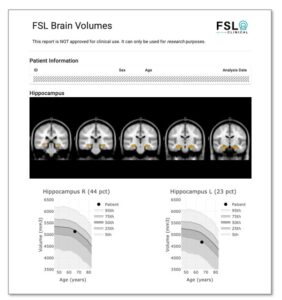Theme leads
Research Focus
The Brain Technologies Theme is dedicated to advancing the development and clinical application of innovative technologies for the assessment and treatment of psychological, psychiatric, and neurological disorders. Despite the UK’s internationally recognised leadership in brain imaging, the translation of these capabilities into routine clinical benefit remains limited. This programme seeks to bridge that gap by creating and validating tools that enhance diagnostic precision, enable early intervention, and support personalised treatment strategies. The work will build on existing expertise in neuroimaging and cognitive neuroscience, with a strong emphasis on translational outcomes that improve patient care.
Regional Context
This research initiative is led from Oxford, with strategic contributions from Birmingham, Surrey, and Manchester. These locations collectively offer access to diverse clinical populations, advanced imaging infrastructure, and established research networks. Manchester’s access to brain scanners from three major vendors across clinical sites will support harmonisation of imaging protocols, while Surrey’s expertise in portable brain technologies will contribute to the development of home-based solutions. The collaboration across these centres ensures a robust platform for multicentre trials, data integration, and national scalability of innovations.
Research Aims
The overarching aim of the Brain Technologies Theme is to develop and implement accurate, scalable tools for measuring brain structure and function. These tools will support risk identification, early diagnosis, outcome prediction, and treatment targeting across a range of mental and neurological health conditions. Key research activities include:
- New Markers of Brain Health: Brain imaging and neurophysiology techniques including MRI, CT, MEG, EEG, and retinal imaging will be refined and validated to assess brain health. These methods will be tested iteratively in clinical settings and applied to both research cohorts and NHS imaging datasets.
- Analytic Tool Development: Novel analytic tools will be created to enable reliable interpretation of brain data at the individual level. By mining population datasets such as UK Biobank, researchers will establish normative baselines and characterise individual variation. Harmonisation of imaging protocols across hardware and sites will facilitate quantitative analysis, transforming current visual assessments into data-driven diagnostics.

- Clinical Reporting Software: A new image-reporting platform, FSL-clinical, will be introduced to support treatment trials and routine clinical practice. Co-designed with clinicians, this software will integrate with NHS systems such as PACS, enhancing usability and diagnostic accuracy. Collaborations with other Oxford Health and OH BRC Themes will ensure broad applicability across conditions including dementia, pain, and depression.
- Home-Based Brain Technologies: Innovations in EEG, retinal imaging, and brain stimulation will be leveraged to develop portable, affordable tools for monitoring and modulating brain health at home. These technologies aim to support early detection and intervention for neurodegenerative and mood disorders. Surrey-based collaborators will contribute to the development of direct brain-recording and modulation methods for home use.
Impact
This Theme builds on a strong foundation of research capacity, training, and open science, and is positioned to deliver transformative impact across clinical and community settings.
Additional Information
Wellcome Centre for Integrative Neuroimaging (WIN), Oxford University Centre for Integrative Neuroimaging (OxCIN)
- Public engagement programmes – Engaging for Impact
- Fostering a positive research culture – Inclusion and Wellbeing
- Help guidance on all aspects of open science at the OxCIN – Open Science
- FSL




